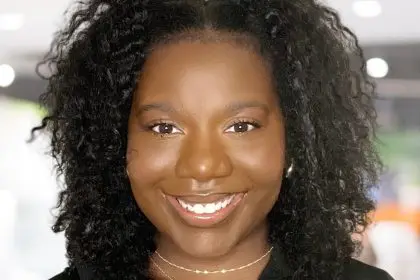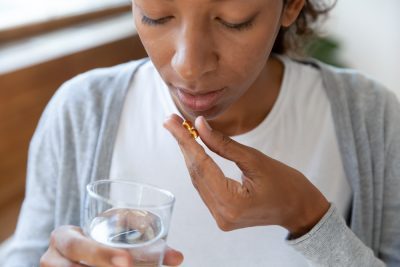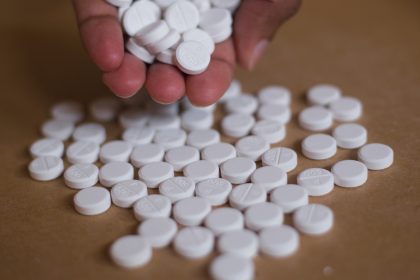Dr. Rahul Gupta, a trailblazer in public health and the first medical doctor to lead the Office of National Drug Control Policy (ONDCP), has devoted his career to addressing some of America’s most pressing health challenges. With over 25 years of experience as a board-certified internist and public health leader, Gupta has been at the forefront of the nation’s response to the opioid crisis. His innovative approaches, including expanding harm reduction programs and developing pioneering public health initiatives, have earned him recognition as a national and global thought leader. Under his leadership, the ONDCP coordinates a $43 billion drug budget, shaping nationwide policies that impact prevention, treatment, and recovery support. Gupta’s commitment to holistic care and relentless pursuit of solutions that treat individuals as whole people — not just their illnesses — have transformed the landscape of addiction treatment and public health in the United States.
Here, he talks to Munson Steed about his career and future goals.
[Editor’s note: This is a truncated transcribe of a longer video interview. Please see the video for the extended version. Some errors may occur.]
What are the three things you would tell people about drug overdose prevention?
This is an important week because President Joe Biden declared this week as Overdose Awareness Week. It’s a time to mourn those we have lost, acknowledge the devastating toll of the overdose epidemic that [has swept] across our country, reflect on the progress we’re making, and recommit ourselves to providing more support and saving more lives …
The first thing I reflect upon is stigma. Oftentimes, people are overdosing and unfortunately dying because there’s so much stigma — stigma in our communities, stigma within families, stigma within the healthcare system—no matter where you look. And we can all work together to sort of curtail and stop that stigma from happening so people can treat this as a disease and get people the help they need, like we do for diabetes or cancer or any other disease.
Second, look, the majority of the people that are dying today in America are from opioids such as fentanyl. This drug does have an antidote available. It’s called Naloxone or Narcan … We have made [this accessible] like never before in the history of this nation. It’s available over the counter. It’s affordable, and it can be administered very easily, like a nasal spray. A historic amount of funding is coming to be able to purchase [antidotes] from the federal side of this.
The last one I would say is after you use the antidote, [you must] treat people with compassion and help connect them to treatment when it is available, wherever people are, and when they want it. So that accessibility to treatment has gone up. We have 15 times more [drug treatment] providers today than we did three and a half years ago. So, not only have we put 40% more funding already into communities in this administration than the last administration, but we’re also increasing the number of providers, the amount of Naloxone out there, and reducing stigma.
How important is it that we see the whole person versus seeing the addicted person in misery or in harm’s way?
We’ve got to look at the entirety of the individual and help support them, not only with their health care conditions but the root causes and the conditions that go behind it. … We used to lock people up because of whatever petty crime they did. But it has become important now to think about deflection programs, to think about getting them the help they need, whether it is treatment for addiction or mental health [issues]. At the same time, if they need housing or food or clothing, [we must] help them out there, too, because it is only in the interest of our communities to help and look at that person as a whole person.
When you think about avoiding depression, avoiding some of those other things that affect people when they are ashamed and trying to move forward, whether they’ve lost their job or a loved one — how can people understand that they’re not alone right now?
Today at the White House, we heard from the families of loved ones [we’ve lost to addiction]. The most moving [testimonies were] from those who talked about understanding those loved ones, how they were crying out for help in so many ways, and oftentimes we don’t understand that. It is so important to have that compassionate understanding of where people are, and then meet them there and help them move along, as opposed to talking at people, as opposed to telling them what they should do. And that’s one of the parts of harm reduction. It’s not only providing antidotes like Naloxone or drug checking certain service programs, but it’s really about meeting people where they are and helping move them along with compassion, with empathy, with support. And that’s so critical because this is a disease that no one is immune from. It doesn’t matter who you are, what you look like, where you live. It has demonstrated that it doesn’t care for our state or community borders. It doesn’t care whether you’re rich or poor, Republican or Democrat. It affects everybody. And that’s why we have to make sure that we’re treating people in a way that we want to be treated.

















